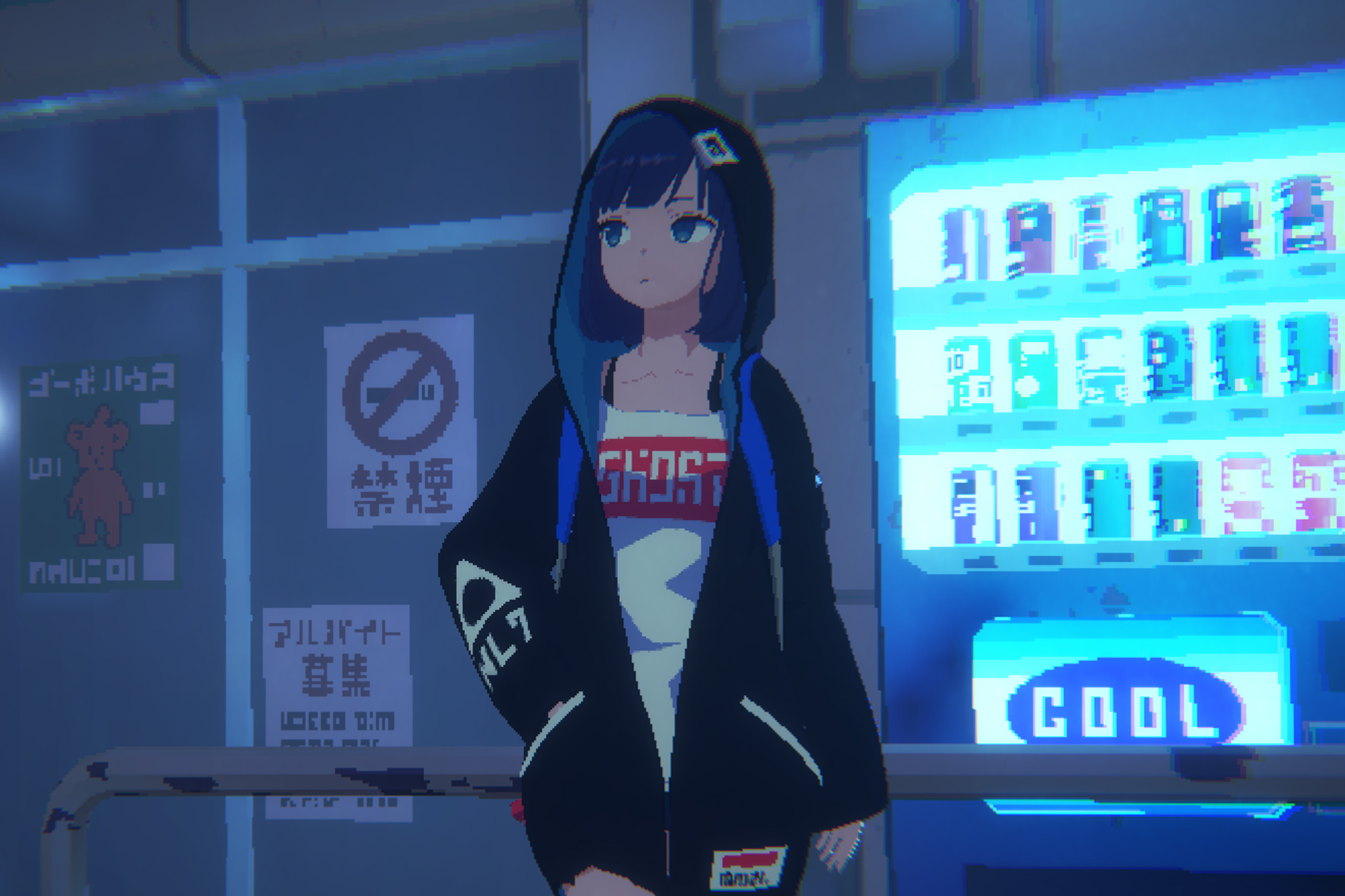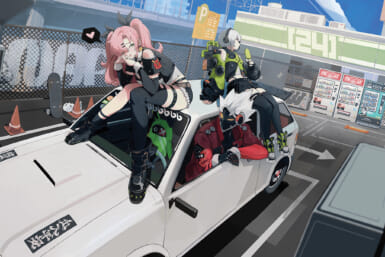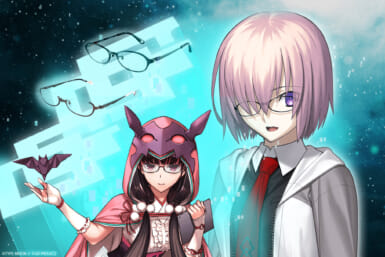Tokyo has been the subject of songs and books, television series and movies, each and every one trying to capture that certain je ne sais quoi that makes Japan’s capital so captivating. From the heights of Park Hyatt Tokyo in Lost in Translation to the depths of the night in Denny’s in Haruki Murakami’s After Dark, portrayals of this city are as many as they are varied. Video games are no exception, with titles such as Persona 5 and Ghostwire: Tokyo choosing the metropolis as the backdrop for their stories. Tokyo Stories, a game produced by Drecom, is the latest title to be set in Japan’s capital. The game keeps the beat of the city and its inhabitants at the forefront of this narrative-driven adventure mystery.
Pixelating Tokyo
You’ll read “The city continues to tell her story, even after her disappearance,” on all of Tokyo Stories‘ social media channels. A cryptic message indeed.
Very limited information has been officially revealed thus far about the game, but the premise, as we know, circulates around The Girl who wanders through a vanishing Tokyo in search of her best friend who has suddenly disappeared without a trace. So far, two other characters have also been introduced; The Boy with a Secret, and The Missing Girl.
“I had a rough idea of wanting to make a game with a strong storyline, utilizing pixel art. While I was looking at pixel art, I noticed that along with the usual RPG-like high fantasy work, there was also a lot of art depicting modern city themes,” says Yuki Ikeda, the producer of Tokyo Stories at Drecom. “As I’ve gotten older, I’ve also become fascinated by the chaos of Tokyo’s history, from its glittering main streets to the labyrinth of alleys, both of which give rise to a new culture. From there, I realized I could combine the game and the story with a focus on nostalgic pixel art and the back streets.”
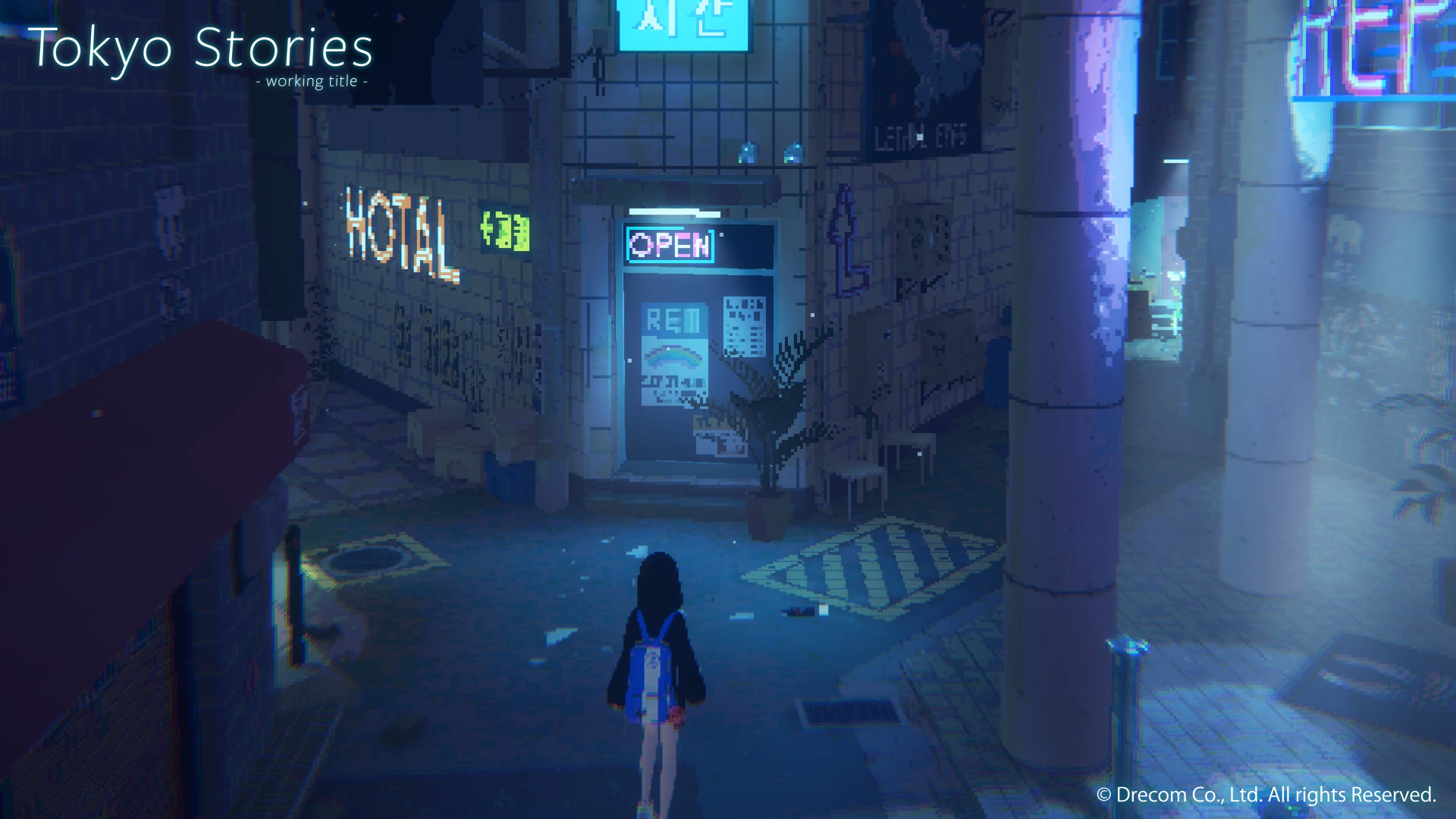
It’s hard to talk about Tokyo Stories without mentioning the unique art style. Pixel art benefited from a recent yearning for nostalgia and has made a strong comeback in the video game space. But what sets Tokyo Stories apart from the rest is how it turns 2D into 3D.
“There are many pixel art games, but none of them use a 3D camera, so I adopted this style after experimenting many times,” says Ikeda. “This method is strongly influenced by Japanese pixel artists such as Motocross Saito and APO Plus. We are still exploring it, but we hope to create expressions that are unique to our work.”
Released screenshots of the game so far depict a darker side to Tokyo, where the characters seem to operate mostly at night and occupy hidden alleyways or late-night train carriages. Despite this, the game feels bright through the usage of neon lights in that characteristic Blade Runner style that’s also popular with Tokyo night photography. This color palette is the work of Art Director Seiichi Terashima, who Ikeda has worked with for a long time and whose inspired tastes have created these dark night scenes with surprisingly minimal usage of black and daytime scenes painted in a green tint.
Seeking Escapism
Gaming has long been positioned as an escape. It’s one of the rare forms of media that both entertains while allowing participation. That is an art form on its own but changes shape through a player’s influence. For this reason, narrative-forward gaming has grown due to how it keeps the plot and the characters as the main focus as a means to draw players into the story.
“I think the advantage of [games] being interactive is great. There are also no time constraints to gaming, the way movies are two hours long or television shows are 30 minutes long. I think some themes can only be conveyed through a long story, just as others can leave a big impression even if it’s a short experience,” explains Ikeda.
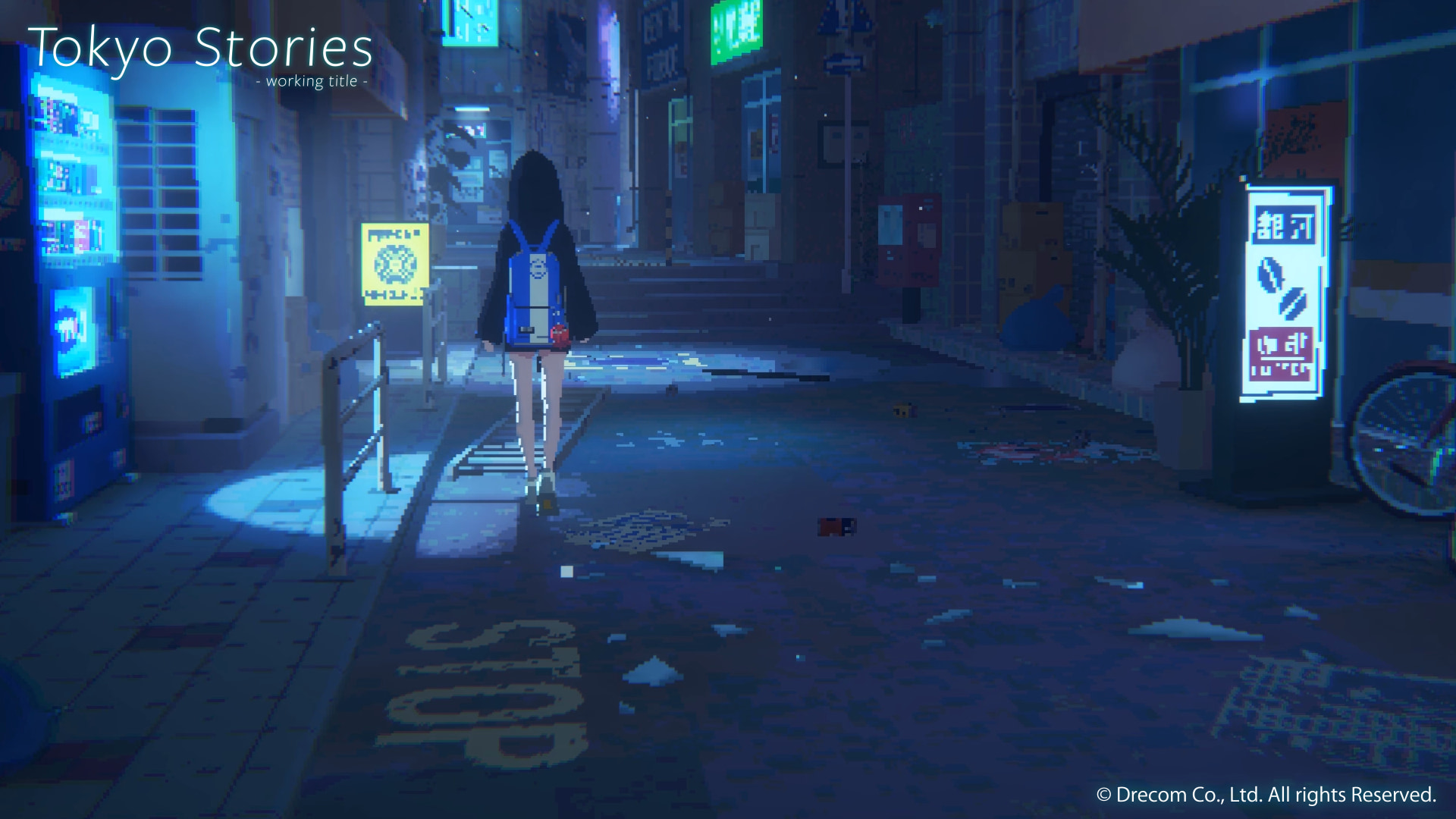
Other elements that set Tokyo Stories up to be a fully immersive experience include the music. The team has revealed that they are working with Newly, a hip-hop track maker, to provide in-game music with a sense of warmth that matches the development in the gameplay. Based solely on the first promotional video released, the music is quite chilled and akin to the lo-fi genre.
Tokyo Stories was recently at the Taipei Game Show, where guests had the chance to play a concept demo of the game, but much of it still remains shrouded in mystery. Full gameplay has yet to be revealed, although Ikeda has hinted that it will be a game that “makes you feel like you’re wandering around the city of Tokyo while being shaken by various emotions.” Rather than a direct recreation of a map of Tokyo, the Drecom team is also looking at ways to depict Tokyo through feeling.
At the time of writing, Tokyo Stories official Steam page promises a 2023 release, although no further release details have been confirmed by the team. However, future participation at other game events such as BitSummit and Tokyo Game Show might just be on the cards.
Keep up to date with what the team is working on and all things related to Tokyo Stories on Twitter.

